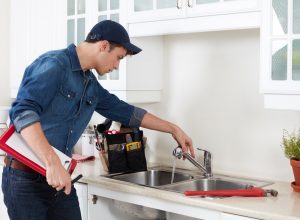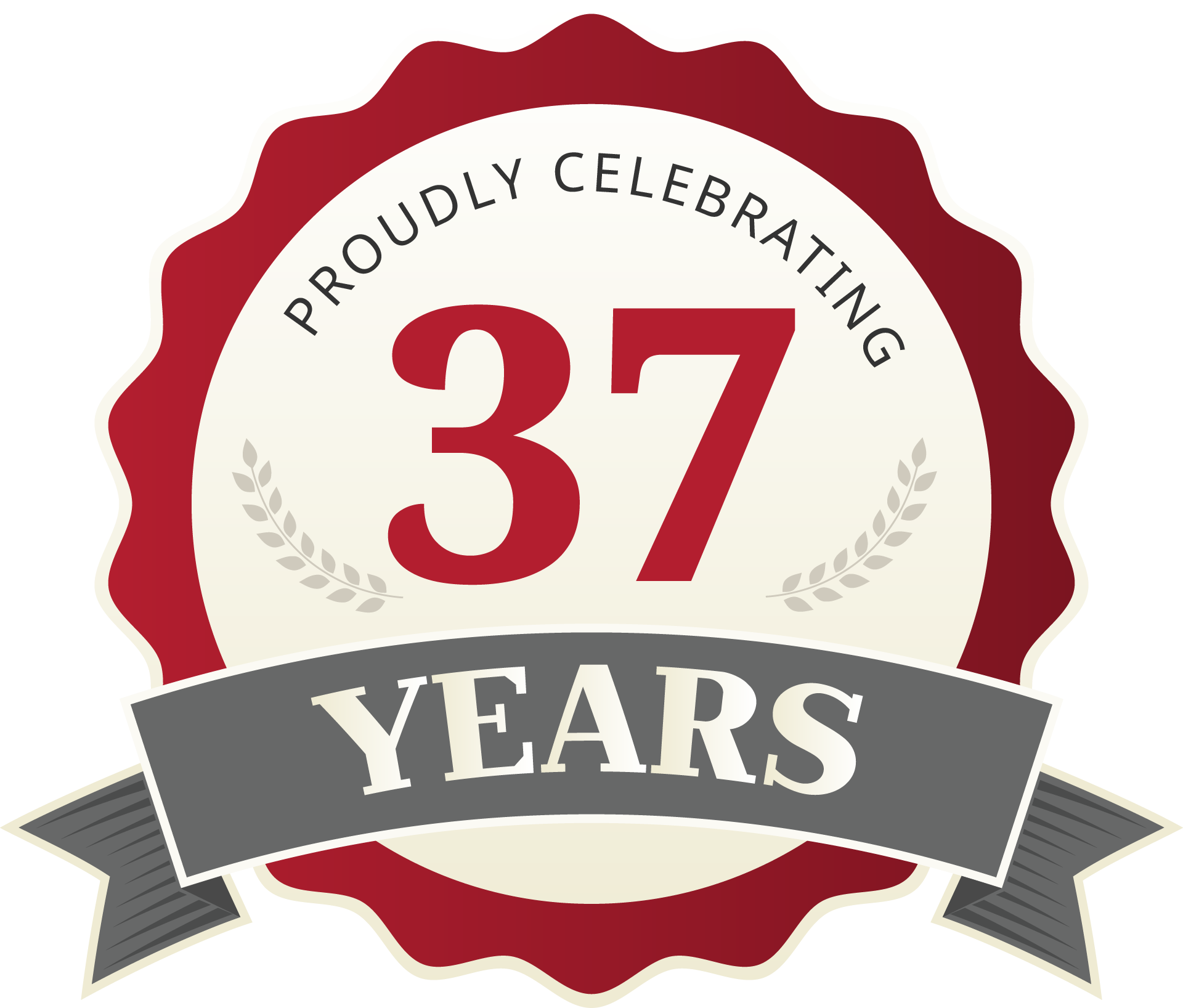
Most people are familiar with run-of-the-mill plumbing problems. You can’t think of “plumbing” without also thinking of clogs, leaks, and broken pipes.
If it hasn’t happened yet, you’ll probably deal with one of these issues eventually. Until then, you can still try your best to prevent it from happening.
In this post, we’ll help you avoid some of the most common plumbing issues. We’ll also tell you when it’s time to call a plumber.
Leak
We often imagine leaks as the dripping faucet in the middle of the night, or the water droplets from the ceiling that we catch with a big bucket.
In truth, leaks often go completely unnoticed. They don’t always make noise, and they often appear in places that are covered, like behind the walls or beneath your floor. By the time you’ve realized it, you may have already added hundreds of dollars to your water bill.
Regardless of where the leak is happening, you want to get it repaired immediately. A leak detection specialist is your best bet. For more information on identifying leaks, check out our post on signs of plumbing leaks you need to know.
Here are a few warning signs that you might have a leak:
- You can hear running water.
- Increased water bills.
- Water stains.
- Water pressure is lower than usual.
Clogged Drains
Most people are familiar with clogged drains in their kitchen sink or bathroom shower. When it comes to a clog, you may have heard conflicting advice about how to treat it, such as whether or not you should use various chemicals or a drain snake. Learn more about why professional plumbing services are essential to ensure safe and effective solutions.
First off, we don’t want you to pour anything down the drain that could do damage to your pipes. To ensure that you’ve thoroughly and safely unclogged the drain, we recommend simply calling a professional.
However, we’d also like to help you avoid the problem altogether. A couple of ways you can do that are:
- Being careful about what you put down the drain. Cooking oil and fats can harden and accumulate in the pipes, creating a blockage. Certain foods like starches, stringy vegetables, and poultry skins can also cause damage.
- Treat your garbage disposal well. Make sure to always run the water along with it, and don’t turn it off until all the garbage is cleared.
Low Water Temperatures
One of the most common reasons for low water temperature is sediment in your water heater. Due to impurities in our water, sediment buildup is inevitable. Plus, the heat has a way of drawing out these impurities, which is how your water heater becomes such a popular place for buildup to occur.
Sediment buildup interferes with your water heaters ability to heat the water, which prevents it from reaching the proper temperatures. Not only that, but the sediments can sometimes trap heat, thus creating hotspots in the tank. These can cause damage to your tank over time.
The best way to prevent it is simply to have the tank flushed as part of your routine maintenance. The more often you stay on top of it, the less likely it will become a problem. For additional tips, see our guide on homeowner plumbing maintenance.
Do you have a plumbing problem in Snellville, GA? Contact Snellville Heating, Air and Plumbing today! Your comfort is our business.



